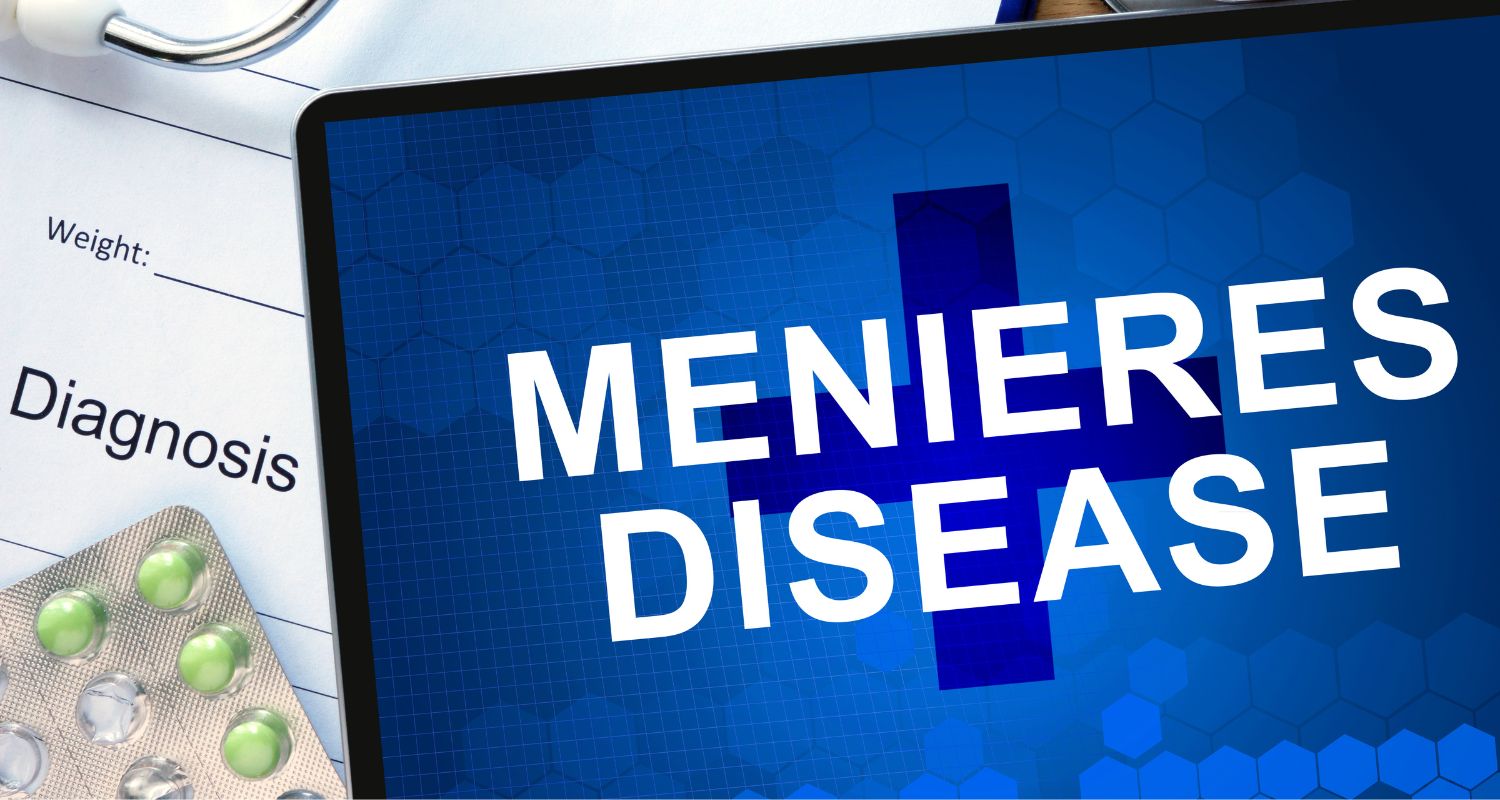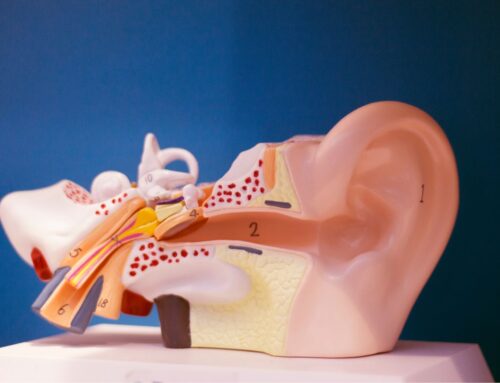Understanding Meniere’s Disease
Meniere’s disease is an inner ear disorder named after the French doctor who first discovered it in 1861. It often causes tinnitus (ringing in the ears), pressure in the ears, and/or balance issues. Impacting nearly 1 out of every 1,500 people, Meniere’s disease is relatively rare. It is a disease that does not have a cure and though it can impact people of any age, it is most prevalent among adults who are ages 40 and above.
What Causes Meniere’s Disease?
Meniere’s disease occurs when there is excess fluid and pressure in the inner ear. Specifically in the labyrinth which consists of semicircular canals, otolithic organs, and the cochlea. There are no definitive causes of Meniere’s disease but experts have a few theories. This includes allergies, autoimmune conditions, constricted blood vessels, and viral infections. Also, because Meniere’s disease tends to run in families, experts suggest that it could result from genetic variations that produce abnormalities in fluid regulation in the inner ear.
What Are the Symptoms of Meniere’s Disease?
The symptoms of Meniere’s disease can vary from person to person. These symptoms can also mirror symptoms of many other diseases which is why diagnosing Meniere’s disease can be challenging. But four main symptoms are used to specifically identify Meniere’s disease:
- Tinnitus: this describes a ringing, buzzing, clicking, whistling-like noise that is heard in the impacted ear when external sounds are present.
- Hearing challenges and/or hearing loss.
- A sense of fullness or pressure in the ear.
- Two or more episodes of vertigo that each last at least 20 minutes.
Bouts of dizziness can occur suddenly or after experiencing tinnitus. Some people can experience single attacks of dizziness intermittently while others experience attacks of dizziness closer together. For some dizziness and vertigo can be severe, causing them to lose their balance and fall which are called drop attacks.
How Are Balance Issues & Hearing Loss Connected to Meniere’s Disease?
The labyrinth in the inner ear where fluid accumulates contains the organs responsible for maintaining balance as well as processing sound. The semicircular canals and otolith organs contain receptors that send signals to the brain about the body’s position in relation to gravity. This includes head and body movements – up and down, side to side, etc.
The cochlea, also in the inner ear’s labyrinth, consists of thousands of sensory cells. These hair-like cells play a major role in how sound is processed. They convert incoming sound waves into electrical signals that get carried to the brain. The brain is then able to further process and assign meaning to these signals which allows us to understand what we hear. Meniere’s disease involves a buildup of fluid and this can interfere with the signals sent from balance organs and the cochlea to the brain which can cause balance issues as well as hearing challenges.
How is Meniere’s Disease Diagnosed?
Diagnosing Meniere’s disease can take some time. Because there is not an identifiable underlying cause and the symptoms are shared with numerous conditions, it can take time to thoroughly assess and treat Meniere’s disease. Diagnosis starts by being evaluated by an ear specialist, like an ENT (ear, nose, throat) doctor (also known as an otolaryngologist). There isn’t one diagnostic tool or evaluation used to diagnose Meniere’s disease. So diagnosis is based on your medical history as well as the symptoms you are experiencing which must include tinnitus. dizziness spells, hearing challenges and feeling fullness or pressure in the ear. Some specialists may conduct a hearing test to evaluate any hearing loss.
How is Meniere’s Disease Treated?
There are no cures for Meniere’s disease so treatment typically involves strategies to alleviate symptoms and help people cope with the condition. Treatment options can include:
- Medications: you may be prescribed medications to help alleviate common symptoms like dizziness and nausea. This includes lorazepam, diazepam, meclizine, and glycopyrrolate.
- Injections: steroid injections in the middle ear can help control vertigo.
- Dietary & behavioral changes: reducing or eliminating triggers like caffeine, alcohol, smoking, chocolate, etc.
- Pressure pulse treatment: the FDA recently approved a device worn on the outer ear which delivers intermittent air pressure pulses to the middle ear which can prevent dizziness.
Contact us to learn more about Meniere’s disease and to schedule an appointment for a consultation.







Leave A Comment